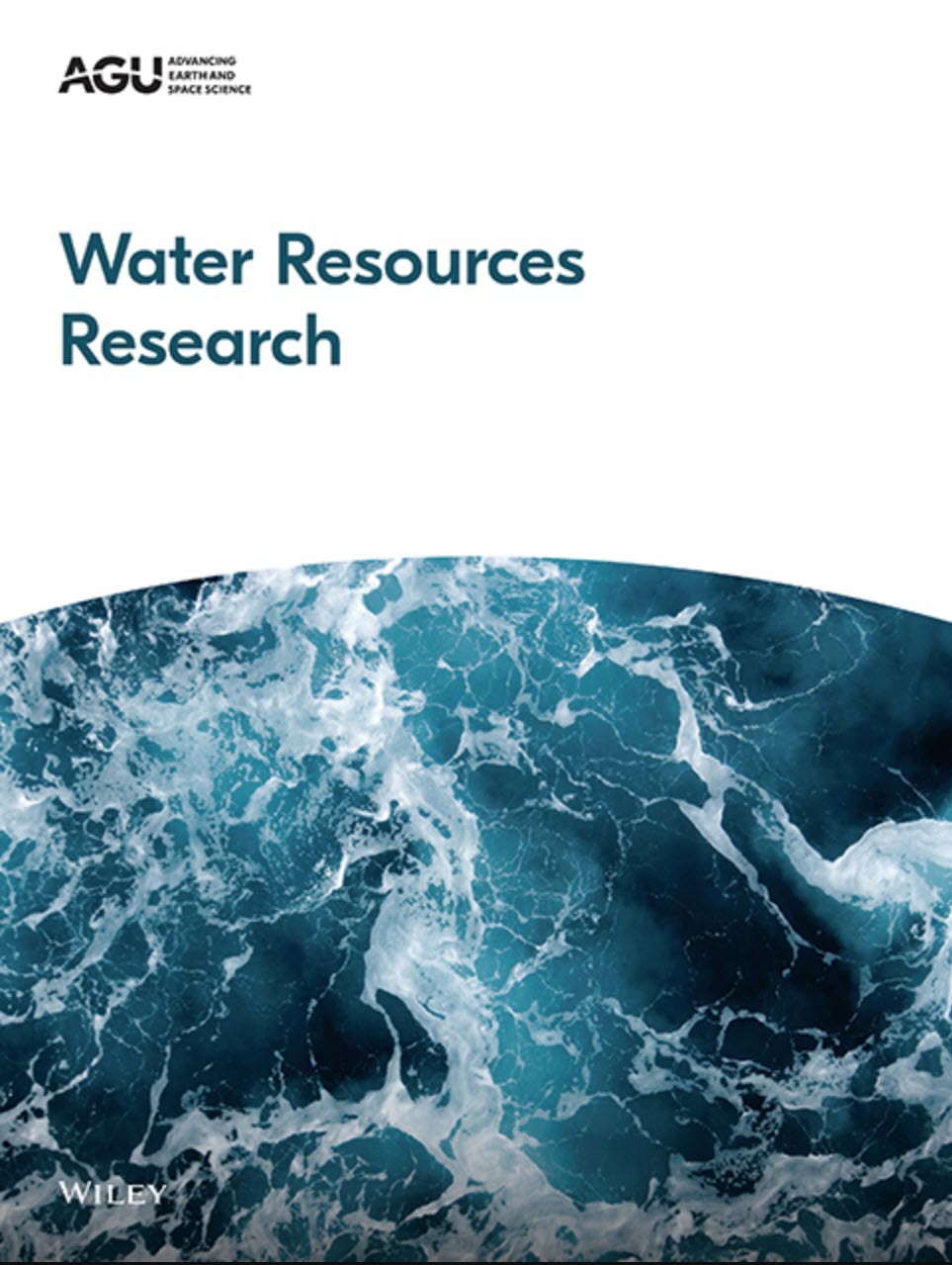Contextual correlates and conservation outcomes
Water Resources Research
Y. Zhang, M.P. Teodoro & D. Switzer
Key Points
Participatory surveillance is a way for governments to increase water waste monitoring capacity and achieve conservation goals
Social and institutional aspects of community water systems correlate with water waste reporting in response to drought regulations
Increased participatory surveillance is correlated with improved conservation outcomes
Abstract
The success of water conservation restrictions depends in part on governments' capacity to monitor water use. Inviting the general public to report instances of water waste is one means of expanding government capacity to monitor and enforce water use. Why are people in some communities more frequently engaged in such “participatory surveillance” than in other communities? Does participatory surveillance help achieve conservation goals? We explore the social correlates and conservation outcomes of participatory surveillance regimes with an analysis of water conservation in the U.S. state of California. During California's historic 2014–2017 drought, the state established hotlines and websites for the public to report water waste anonymously. Californians responded by reporting more than 485,000 water waste complaints over the course of the emergency. Analysis shows that besides the water supply characteristics and drought severity, several social and institutional factors correlate strongly with complaint volume. Specifically, we find that municipal and special district utilities received more complaints than investor-owned utilities, and that complaints correlated positively with communities' level of education and partisan competition. We do not find strong evidence that communities' income, income distributions, and racial/ethnic compositions correlate with overall reporting. We further find that complaints are positively associated with conservation outcomes. Taken together, results indicate that social contexts can influence participation in participatory surveillance, and that participatory surveillance can be a potent means of enhancing water restrictions during a drought emergency.

